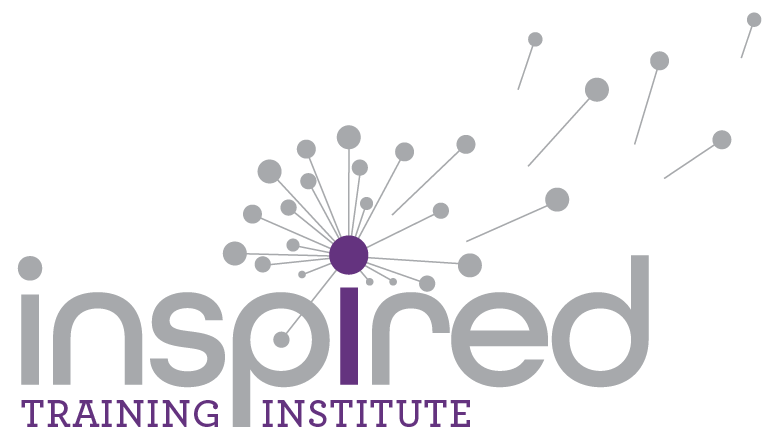Unlocking Your Leadership Potential: Strategies for Executive Success
In the dynamic landscape of today's business world, leadership isn't just a title; it's a multifaceted skill set that propels organizations toward growth and innovation. Whether you're a seasoned executive looking to enhance your leadership prowess or an aspiring leader aiming to advance your career, understanding the key strategies that unlock your leadership potential is paramount.
At the heart of every exceptional executive leader lies a deep understanding of the personal foundation that underpins effective leadership. After two decades of training up-and-coming executives and coaching accomplished executive leaders, I believe that the bedrock upon which leadership skills are honed and leadership styles are crafted is comprised of:
Self-awareness – the ability to recognize your temperamental preferences, values, strengths, and weaknesses or blind spots. Armed with this self-knowledge, you can make informed decisions, leverage your strengths, and work on areas that require growth.
Character development – the willingness to invest in the ongoing development or maturation of your mental and moral qualities and to hold yourself accountable to the ethical compass they create.
Other-awareness – the ability to perceive the emotions and needs of others while also cultivating empathy and active listening skills. Other-awareness lays the groundwork for fostering strong relationships, effective communication, and cohesive team dynamics, all of which are indispensable to your journey toward executive success.
The degree to which each of the three elements of your personal leadership foundation is developed will shape your leadership style.
Strategies for Executive Success
To increase your leadership influence, impact, and success, you must grow your leadership foundation. Following are strategies focusing upon the development of each element of your foundation.
Strategy #1: Increase Self-Awareness
A lack of self-awareness may make it difficult for you to accurately perceive your own strengths and weaknesses, leading to overestimation of your abilities and a tendency to make decisions without seeking input from others. This can result in poor judgment, as you might not fully recognize your limitations or the potential consequences of your actions. Additionally, you may have difficulty acknowledging and managing your emotions. If you react impulsively to challenges or setbacks, you could potentially create an unpredictable or hostile work environment. Furthermore, a lack of self-awareness would likely inhibit you from recognizing the need for or benefit of embracing the next strategy, the ongoing development of your character.
The lack of self-awareness may result in a heavy-handed leadership style that prevents questions or resistance. It may also drive you to surround yourself with “yes people,” that is, people who praise or agree with everything you say and do.
Methods for increasing your self-awareness are endless and may include any combination of:
Reading a variety of books that explore self-awareness principles
Executive coaching to explore your temperamental preferences, values, strengths, and weaknesses or blind spots
360-degree feedback processes/programs
Counseling or therapy
Self-management and journaling practices
Strategy #2: Character Development
Without well-developed character you may struggle with issues related to integrity, confidence, adaptability, and resilience. You may use your insight into yourself and others to develop strong relationships through thoughtful communication and teamwork. However, without the ethical compass of well-developed character, you may find yourself making decisions to please yourself or others rather than the organization, and you may wind up using manipulation to encourage compliance.
Methods for developing your character may include any combination of:
Reading a variety of books that explore character and the stages of character development at work
Executive coaching to evaluate, create learning strategies, and practice relevant mental and moral qualities
Self-observation and journaling practices
Faith-based personal development programs
Volunteering at organizations that exemplify qualities of character you seek to develop
Interviewing, observing, or seeking mentoring from executives who model qualities of character that you seek to develop to learn their perspectives and best practices
Strategy #3: Increase Other-Awareness
The lack of other-awareness will prevent you from demonstrating the kind of executive presence that captures the attention, followership, and loyalty of others. If you are unaware of the perspectives, ideas, needs, or concerns of the people you lead or serve, you may inadvertently undermine morale by not recognizing the impact of your words or actions on others. You may fail to provide proper recognition or support to your team, leading to feelings of frustration and demotivation among employees.
If you do not empathetically grasp the challenges and aspirations of others, it is difficult to tailor your leadership approach, offer meaningful support, or create an inclusive and harmonious work environment for them. You may struggle to adapt your leadership style to different situations or dynamics.
Methods for increasing your other-awareness may include any combination of:
Reading a variety of books about leading others effectively
Being curious (not judgmental) about others – seeking greater insight into their wants, needs, motivations, and goals
Engaging in frequent dialogue with people you lead, work with, and serve and listening actively to them
Executive coaching to learn methods for practicing greater awareness of others and to hold yourself accountable to ongoing growth
Seeking feedback and insights from people around you about their view of the organization, satisfaction with their roles, and hopes for the company
Working with unconventional teams and groups to expand your understanding of other people’s worlds
As an executive leader, you have a never-ending responsibility to become the model within your organization for managing oneself, building strong relationships, and setting the standard for behaviors that create a positive and effective organizational culture. These key strategies will ensure that you continually expand your executive leadership potential.
We look forward to embarking on the enlightening journey of self-discovery and skill refinement with you to unlock the doors to your limitless leadership potential.


